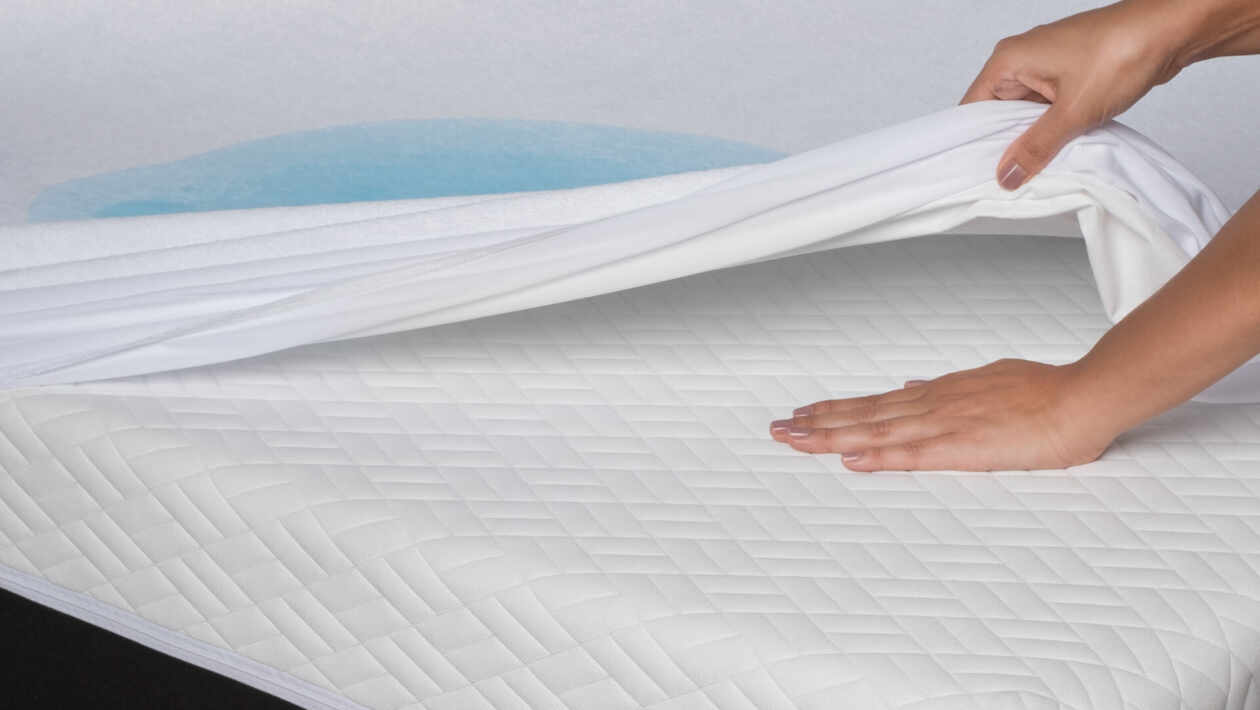Did you know that throughout your life you will spend about a third sleeping? That is, about 27 years and that is why it is so important to buy a good mattress. You know: quality rest, reduction of back pain, more energy and better mood throughout the day … and a long etcetera.
In fact, the study indicated that 32% of the Spanish population woke up tired or with back pain.
But the essential question is: do you know how to choose the right mattress from myisense.com among the dozens of types out there? Memory foam, latex, continuous springs, HR foam, futons, if seeing so many names makes you dizzy and you’re not sure what you need, here you will find all the essential information to choose easily and without fear of being wrong.
And the most important thing is not the money you spend but choose well and buy what you need. Do you want to know how to do it? Let’s go there.
KEY POINTS TO CHOOSE YOUR MATTRESS
Let’s start with a visual summary of the 8 keys to choose correctly and then we will discuss each point in detail.
What mattress to buy according to weight and height?
If you are “wide-boned”, you will need a firmer mattress that offers a uniform support and avoids the boat effect. On the contrary, lighter people need a more flexible mattress that distributes the weight well.
Regarding the measurements, the mattress should be at least 10 cm longer than what you measure. In the case of a double bed, the tallest person is the one who will serve as the reference.
The thickness of the mattress should be at least 15 cm to ensure comfort.
For the width, the recommended thing would be a bed between 90 and 110 cm if you are going to sleep alone and between 150 and 160 for double beds.
Do you sleep alone or with someone?
If you sleep as a couple, you will appreciate a mattress that absorbs movement well, so that you are not disturbed by the changes in posture of the other person. The ones that do it best are the memory foam and pocket springs.
In what position do you usually sleep?
If you sleep on your back, you should use a rather hard mattress to avoid bad posture of the spine, especially at the cervical (nape) and lumbar (base of the spine) level.
If you sleep on your side, you will need a medium-hard mattress, which adapts to the shape of your hips and shoulders.
If you sleep on your stomach, you could use a rather soft mattress to avoid bad posture in the neck area and not to force the torsion of the spine too much.
Do you move a lot?
If you are one of those who break the Olympic record of turns in bed every night, you will need a rather firm mattress that allows you to move effortlessly. However, something that is too hard, such as a futon, will not be suitable either, as it could cause you to make bad gestures when changing positions.
In addition, you will need it to be a mattress that is quite adaptable, since you will sleep in several different positions throughout the night.
On the other hand, if you move little, the choice of material and hardness will be governed mainly by the posture in which you usually sleep.
Are you cold or hot?
The breathability (ventilation) of the mattress is given by the materials that compose it. By allowing air to pass through better, the vapor your body generates dissipates more easily, so less heat builds up.
If you are one of those who frequently uncover at night, live in a place with hot summers, you may be interested in spring mattresses, which are best mattress for hot sleepers also offer greater breathability and are cooler.
On the contrary, if you are one of those who resists removing the duvet even in summer, latex and memory foam mattresses are the ones that keep the heat the most. You can also check online the availability of the mattresses for both type of sleepers.





